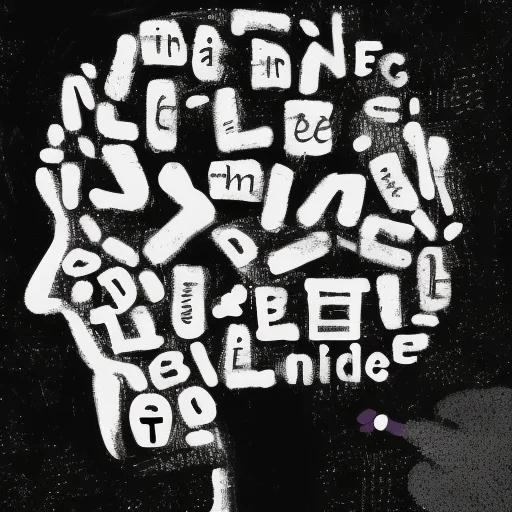The human brain is a complex machine, capable of making decisions and judgments in the blink of an eye. Although this is a useful trait, it can also be problematic since our brains are often subject to biases. Biases are mental shortcuts or tendencies that lead us to draw conclusions and make decisions without proper reasoning or evaluation. There are numerous types of cognitive biases, but in this article we will explore nine powerful psychological biases that can have a major impact on our behavior. Understanding these biases can help us to recognize and overcome them, improving decision making and problem solving.
Definition of Cognitive Biases
Cognitive biases are mental shortcuts or tendencies that lead us to draw conclusions and make decisions without proper reasoning or evaluation. They can come from a variety of sources such as social influences, personal experiences, emotions, and preconceptions. These biases can lead to irrational decision making and distorted thinking.
9 Types of Cognitive Biases
A. Confirmation Bias
Confirmation bias is the tendency to search for, interpret, favor, and recall information that confirms one’s preexisting beliefs or hypotheses. This can lead to an unrealistic view of a situation as well as faulty decisions.
B. Availability Heuristic
Availability heuristic is the tendency to overestimate the likelihood of events with greater “availability” in memory, which can be influenced by how recent the memories are or how often they have been thought about.
C. Bonus Bias
Bonus bias is a cognitive bias that occurs when people are swayed by potential rewards such as a casino bonus when making decisions. The promise of a reward can lead people to make decisions they wouldn’t normally make and often times those decisions don’t end up being in their best interest.
D. Gambler’s Fallacy
Gambler’s fallacy, also known as the Monte Carlo fallacy, is the belief that if a certain event occurs more frequently than normal during some period, it will happen less frequently in the future (or vice versa). This can be seen in various forms of gambling such as slot machines and roulette, where people believe that if they keep playing for long enough, their luck will eventually turn around due to past results.
E. Loss Aversion Bias
Loss aversion bias is the tendency to prefer avoiding losses over acquiring gains. It can lead to risk-averse behavior such as holding on to stocks for too long just to avoid taking a loss.
F. Post-Purchase Rationalization
Post-purchase rationalization is the tendency for people to convince themselves that their decision was correct after making it, even if it was suboptimal. This can be seen in many aspects of life such as when someone buys a less than ideal item and then justifies the purchase afterwards with positive self-talk.
G. Recency Bias
Recency bias is the tendency to weigh recent information more heavily than older information when making decisions. It can lead to poor decision making, since older data points are often indicative of long term trends rather than short term fluctuations.
H. Representativeness Heuristic
Representativeness heuristic is the tendency to judge the probability of an event by how similar it is to a familiar pattern, even if this doesn’t reflect the actual likelihood of the event. This can lead to incorrect decisions if important information is overlooked.
I. Anchoring Bias
Anchoring bias is when one relies too heavily on initial information (the “anchor”), making subsequent judgments biased towards the anchor. It can lead to poor decision making if other important information is ignored.
Conclusion
Cognitive biases can have powerful effects on our behavior, leading us down paths we would not normally take and resulting in poor decision-making. It is important to be aware of these biases and how they can affect our thinking in order to avoid falling into their traps. Being aware of these psychological biases can help us make better decisions, whether it be in the stock market, casino bonus offerings, or any other decision-making scenario.



